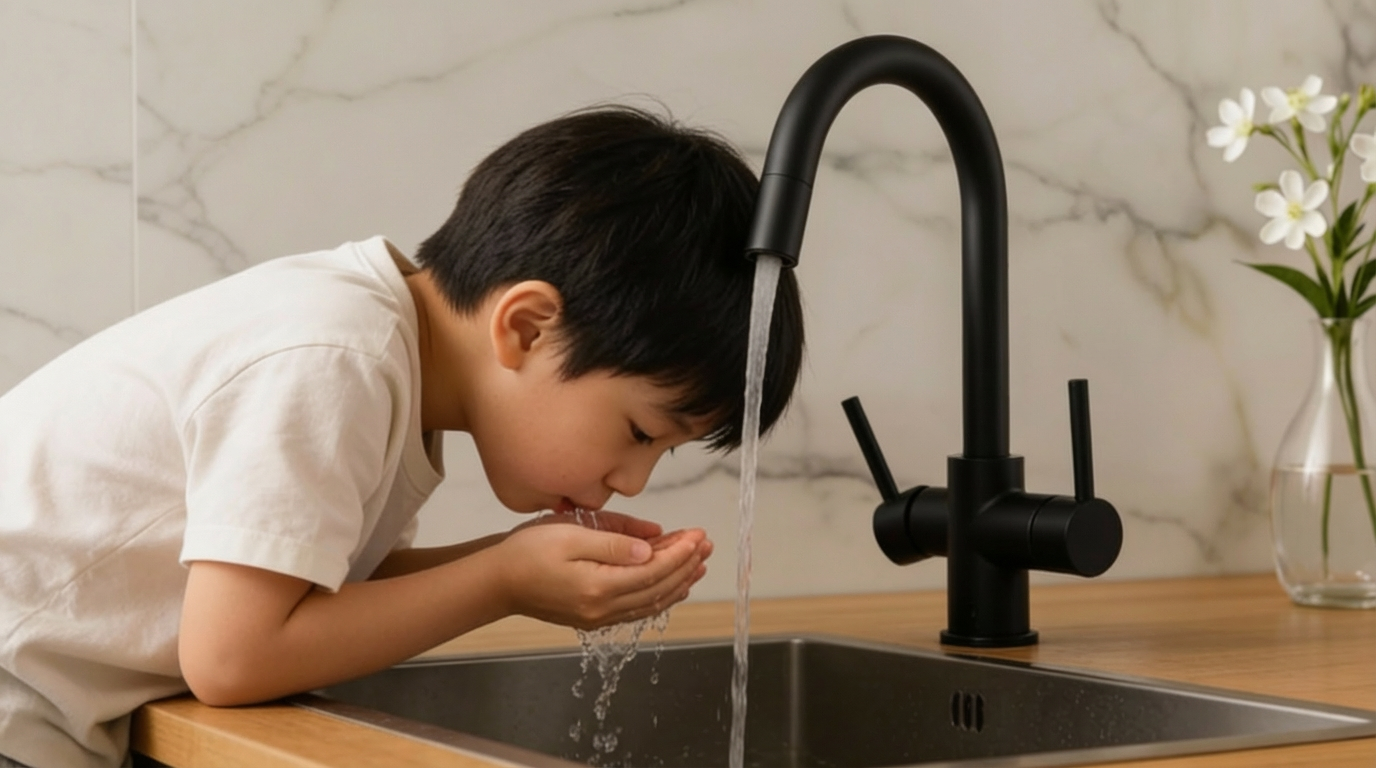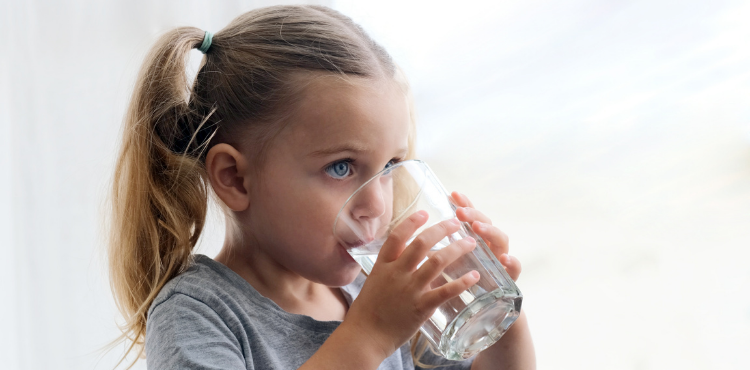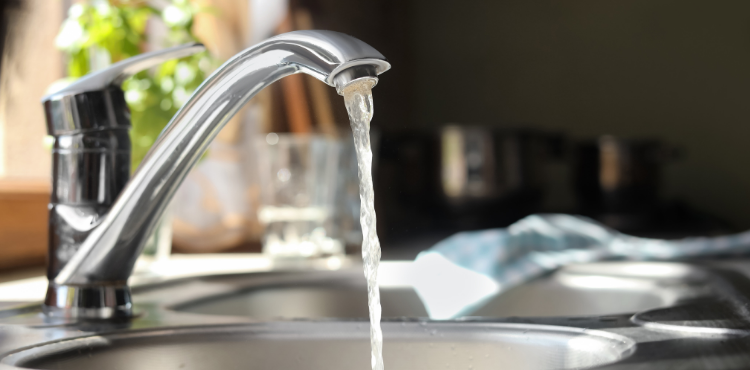It’s a good step forward. But it raises an important question:
If Europe is pushing to ban more than 14,000 PFAS chemicals… why has Australia only just acted on 3?
At The Good Water Group, we’re all for progres , but when it comes to protecting Australian families from chemical exposure, “better late than never” just doesn’t feel good enough.
Here’s what you need to know about what’s changed and what still hasn’t.
What Are PFAS Chemicals?
PFAS stands for Per- and Polyfluoroalkyl Substances — a large family of synthetic chemicals used to make things waterproof, stain-resistant, or non-stick. You’ll find them in:
- Non-stick pans
- Firefighting foam
- Food packaging
- Waterproof clothing
- Carpets
- Some types of makeup
They’re known as “forever chemicals” because they don’t break down in nature. Instead, they accumulate in our waterways, our soil, and our bodies.
Even in tiny amounts, PFAS have been linked to:
- Hormone disruption
- Immune system damage
- Thyroid disorders
- Liver and kidney issues
- Certain cancers
And because they’re so persistent, they show up in everything from rainwater to breast milk, even in areas considered “clean.”
What Has Australia Banned?
The federal government recently announced it will ban the use of three specific PFAS chemicals:
- PFOA
- PFOS
- PFHxS
These are among the most well-known and well-studied PFAS compounds. The ban applies to their use in things like:
- Clothing
- Textiles
- Cosmetics
- Cookware
- Cleaning products
That’s good news — but it’s just a sliver of the PFAS problem.
Because while Europe is proposing a ban on all 10,000–14,000 known PFAS chemicals, Australia is only tackling three — and only in certain types of products.
And here’s the kicker:
There’s currently no plan to remove PFAS from drinking water, despite mounting evidence of its health risks and widespread presence in our tap supply.
Why Are Experts Concerned?
Researchers from Macquarie University’s PFAS Research Group have praised the ban, but are urging much broader action. They describe this as a “first step,” not a solution.
As Dr Ian Wright noted:
“We are likely to have many more discoveries of PFAS chemicals in our waterways. There are thousands of them. Many have similar chemical properties and health risks.”
In short: Just because a chemical isn’t banned doesn’t mean it’s safe.
What Can You Do Right Now?
The hard truth is, we may be years — even decades — away from full PFAS removal in public water supplies. And with new compounds still being discovered, relying solely on regulations won’t keep you safe.
That’s why so many families are turning to home water filtration.
At The Good Water Group, we help protect what matters most with advanced whole-home and under-sink filtration systems that are:
- Designed to reduce PFAS chemicals
- Certified for safe, effective performance
- Installed by licensed experts across Australia
You can’t control what the government bans. But you can control what flows from your taps.
Final Thought
Australia’s recent PFAS ban is a win — but it’s also a warning.
The chemicals we know about are dangerous.
The ones we haven’t studied yet? Possibly worse.
That’s why we say:
Don’t wait for policy. Take action for your family.







